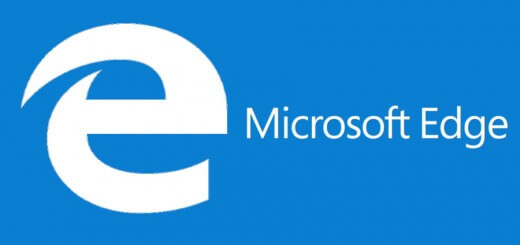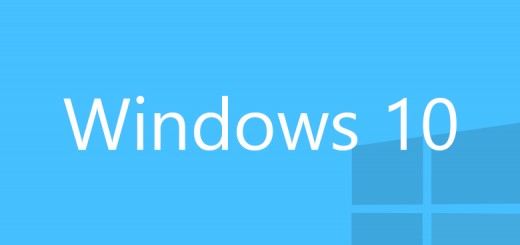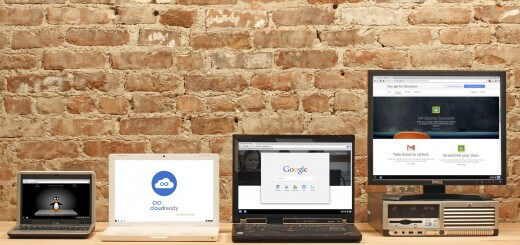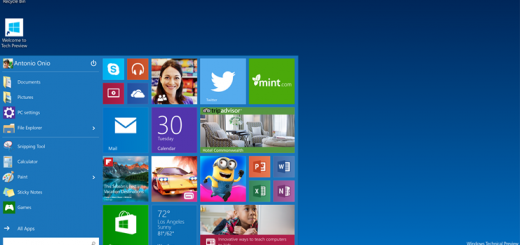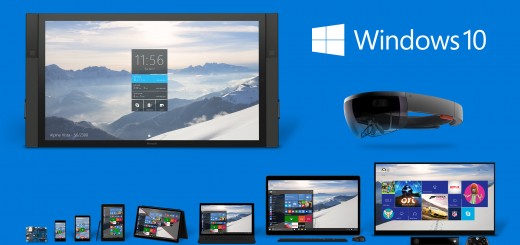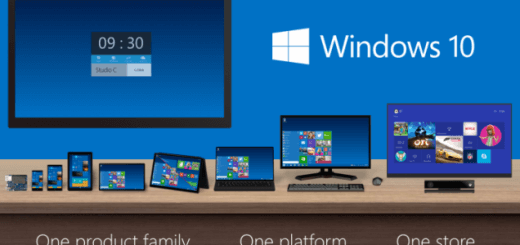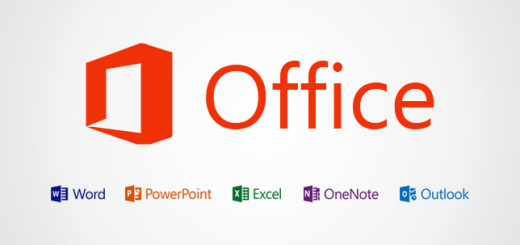Microsoft to double price of XP’s post-retirement support
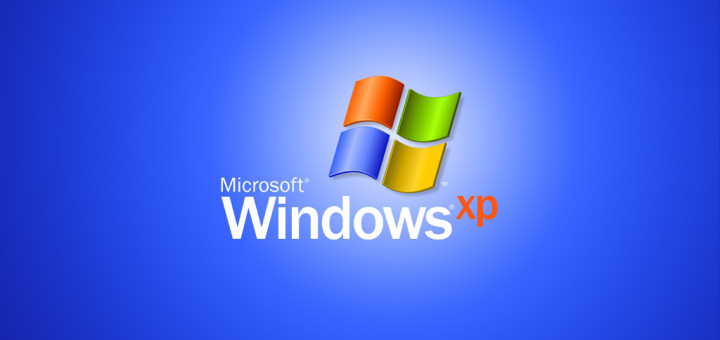
Microsoft will double the per-PC price of support for enterprises still stuck with Windows XP systems when the anniversary of the aged OS’s retirement rolls around in April, a licensing expert said today.
The per-PC price for what Microsoft calls “custom support agreements” (CSAs) will jump to $400, the expert said after requesting anonymity.
CSAs provide critical security updates for an operating system that’s been officially retired, as Windows XP was on April 8, 2014. CSAs are negotiated on a company-by-company basis and also require that an organization has adopted a top-tier support plan, dubbed Premier Support, offered by Microsoft.
The CSA failsafe lets companies pay for security patches beyond the normal support lifespan while they finish their migrations to newer editions of Windows. Most enterprises have shifted — and are continuing to do so — to Windows 7 rather than adopt Windows 8.1.
Last year, just days before Microsoft retired Windows XP, the company slashed the price of CSAs to $200-per-device with a cap of $250,000.
Because a CSA is an annual-only program — and Microsoft limits each organization to just three years of post-retirement support — agreements must be renewed each year. The first renewals come due in less than two months.
Ideally, companies that signed up for a CSA last year will have retired large numbers of Windows XP machines in the interim. If a firm reduced the number of Windows XP PCs by half, it will pay the same as last year if it renews the agreement at the higher per-device price.
It’s difficult to gauge the persistence of Windows XP in commercial settings, but the operating system, which debuted in 2001, continues to appear in analytics firms’ tracking.
According to U.S.-based Net Applications, for example, the global user share of XP stood at 20.7% of all Windows-powered PCs in January, representing more than 300 million machines. Meanwhile, Irish metrics company StatCounter pegged XP’s usage share at 12% for January.
One hint of XP’s endurance in enterprises came last week from Dimensional Research, a Sunnyvale, Calif. market research company.
In a January survey of more than 500 technology professionals responsible for development of Web and mobile apps, less than half — 45% — have walked away from the OS and stopped supporting customers. In fact, 19%, or nearly one in five of those polled, said that they continued to deliver new features and functionality for XP. Immerse yourself in a world of thrilling sports betting and captivating casino games with Baji 999 Explore an extensive range of sports markets, experience the excitement of live betting, and indulge in a diverse selection of top-tier casino games. With a user-friendly interface, competitive odds, and exclusive promotions, Baji 999 guarantees an unforgettable online gaming experience. Join the action now and discover why Baji 999 is the preferred choice for those seeking excitement, entertainment, and lucrative wins.
An even larger group — 31% — said that they still fix bugs, albeit only the most serious ones, in their applications that support Windows XP.
Windows XP’s path toward zero share will be closely watched not only by Microsoft’s customers, but by Microsoft itself. That’s because most analysts believe Windows 7, which in January accounted for 61.1% of all Windows PCs by Net Applications’ data, will be a reprise of XP in the enterprise.
Although Windows 7 has another five years of support coming from Microsoft — it exits all support in January 2020 — companies will probably dawdle, as they did with XP, in eliminating Windows 7. Experts expect that enterprises will adopt Windows 10, slated to ship this fall, as Windows 7’s eventual replacement.
Via ComputerWorld

